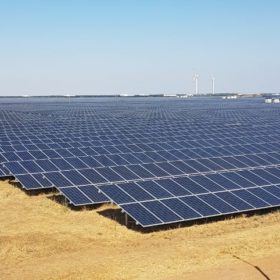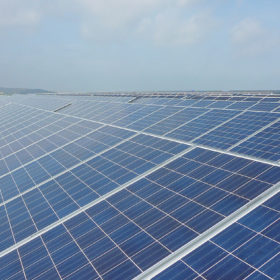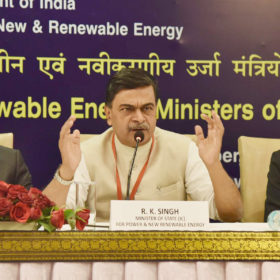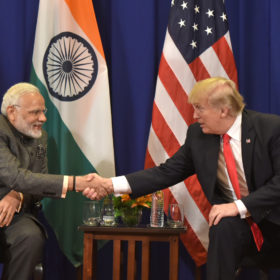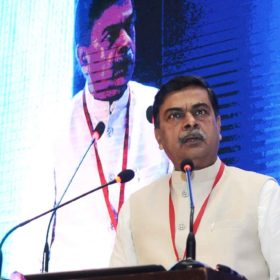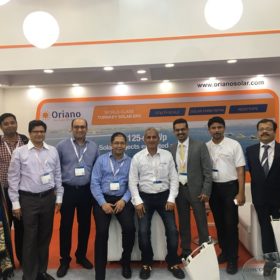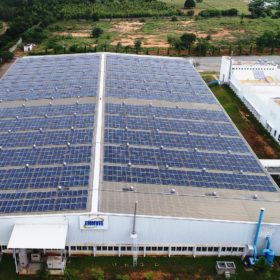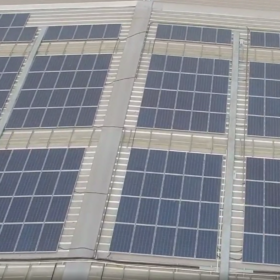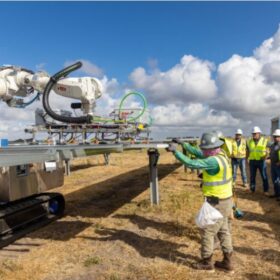Tata Power commissions 50 MW solar DCR plant in Karnataka
Tata Power Renewable Energy Limited has installed a 50 MW solar PV project at Pavagada Solar Park in Karnataka under the country’s Domestic Content Requirement (DCR) program.
CEL announces 120 MW PV tender
Central Electronics Limited (CEL) has announced a 120 MW solar PV tender for the installation of various projects ranging from 500 kW to 3 MW in size. CEL has simultaneously released three more tenders related to solar cells and 100 kW PV installations on railway coaches.
GST leads to 12% increase in solar project costs – AISIA
All India Solar Industries Association (AISIA) has urged the government to remove the Goods and Services Tax (GST) from the balance of systems for solar equipment. The association said that components like inverters, cables and transformers under GST are charged at 5-8%. Previously, they were charged 2% central sales tax and no excise duty.
Indian solar policy roundup 2017
MNRE head RK Singh delivers a lowdown on India’s current solar installations, recent policies that the government has initiated, and the customs issues with imported solar modules.
US to drag India back into WTO solar wrangle
Reuters reports that the United States is once again planning to take India back to a WTO ruling regarding an ongoing solar power dispute. Last year India lost the case against the U.S., which had alleged discriminatory practices in favor of domestic firms and against foreign competitors.
India electrifies over 15,000 villages in last three years – MNRE
MNRE head, RK Singh says 15,183 Indian villages have been electrified, out of 18,452, as of November 30. Free electricity connections have also been granted to 44.41 lakh below poverty line (BPL) households under the government’s rural electrification scheme.
Oriano Solar commissions 40 MW thin film PV plant in Karnataka
Solar EPC firm, Oriano Solar has installed two 20 MW thin film PV plants in Karnataka. The modules, based on CdTe technology, are procured from U.S.-based company First Solar.
Emmvee’s solar heater fab goes green with 1 MW rooftop PV
Bangalore-based solar module manufacturer, Emmvee has commissioned a 1 MW rooftop PV plant at its solar water heater manufacturing facility in Dobespet, Karnataka.
Tata Power commissions 100 MW in Karnataka
Tata Power Renewable Energy Limited has completed a 100 MW solar PV project at Pavagada Solar Park in Karnataka. Tata’s total installed operating capacity across India now totals 1,641 MW.
India drafts $1.7bn solar PV manufacturing scheme
India invites suggestions and feedback for its new solar PV manufacturing scheme, which aims to ramp up domestic manufacturing capacity of modules, cells, wafers and ingots, and polysilicon. The scheme is expected to be implemented at the beginning of 2018.
